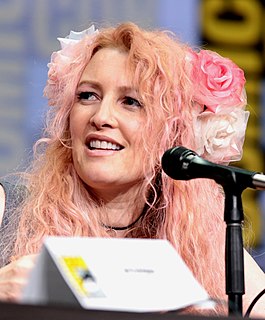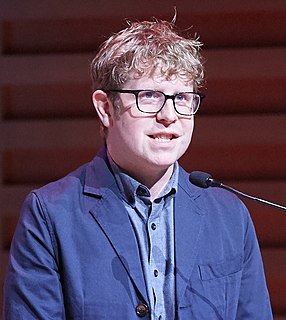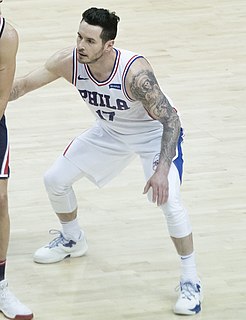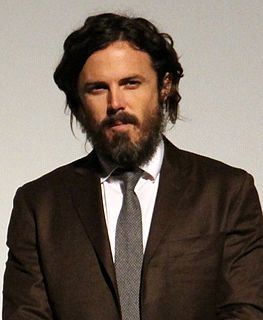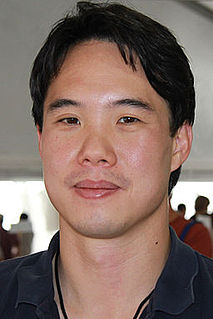A Quote by Jane Goldman
A lot of people use the phrase 'underage violence,' which, to me, is meaningless.
Related Quotes
My favorite phrase, that a friend of mine who worked on the Potter films and was a lot older than me would use in front of me, and I picked up from him many great phrases - the English have a lot of great idioms for sweating. I don't know why that is. But that's what we do. I feel like it's particularly our country; probably everywhere has a lot of idioms for sweating. He always said, "I'm sweating like a glassblower's asshole," which I always found an incredibly strange and yet vivid image.
I do believe that where there is a choice between cowardice and non-violence I would advise violence. Thus when my eldest son asked me what he should have done, had he been present when I was almost fatally assaulted in 1908, whether he should have run away and seen me killed or whether he should have used his physical force which he could and wanted to use, and defended me, I told him that it was his duty to defend me even by using violence.
I've always been terrified of violence which is probably why I keep making violent films - I'm trying to exorcise some demons or something. My mum ended up bringing me up on the edge of a big estate in south London, so I was on the periphery of violence - a lot of football violence and stuff because I was a Millwall supporter. So I've always had a very healthy fear of it, yet at the same time a fascination. I think in all of my films that's a really strong subtext... people who are terrified by violence but are yet compelled by it as well.
Some people draw a comforting distinction between force and violence. I refuse to cloud the issue by such word-play. The power which establishes a state is violence; the power which maintains it is violence; the power which eventually overthrows it is violence. Call an elephant a rabbit only if it gives you comfort to feel that you are about to be trampled to death by a rabbit.
[The Head of Radio Three] had been ensnared by the Music Director of the college and a Professor of Philosophy. These two were busy explaining to the harassed man that the phrase "too much Mozart" was, given any reasonable definition of those three words, an inherently self-contradictory expression, and that any sentence which contained such a phrase would be thereby rendered meaningless and could not, consequently, be advanced as part of an argument in favour of any given programme-scheduling strategy.
